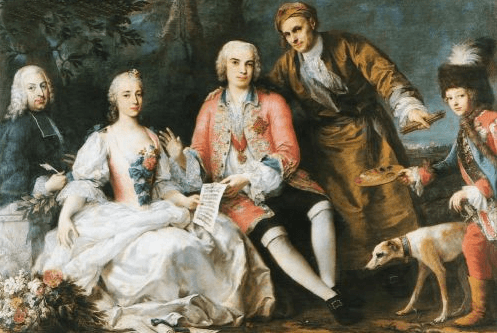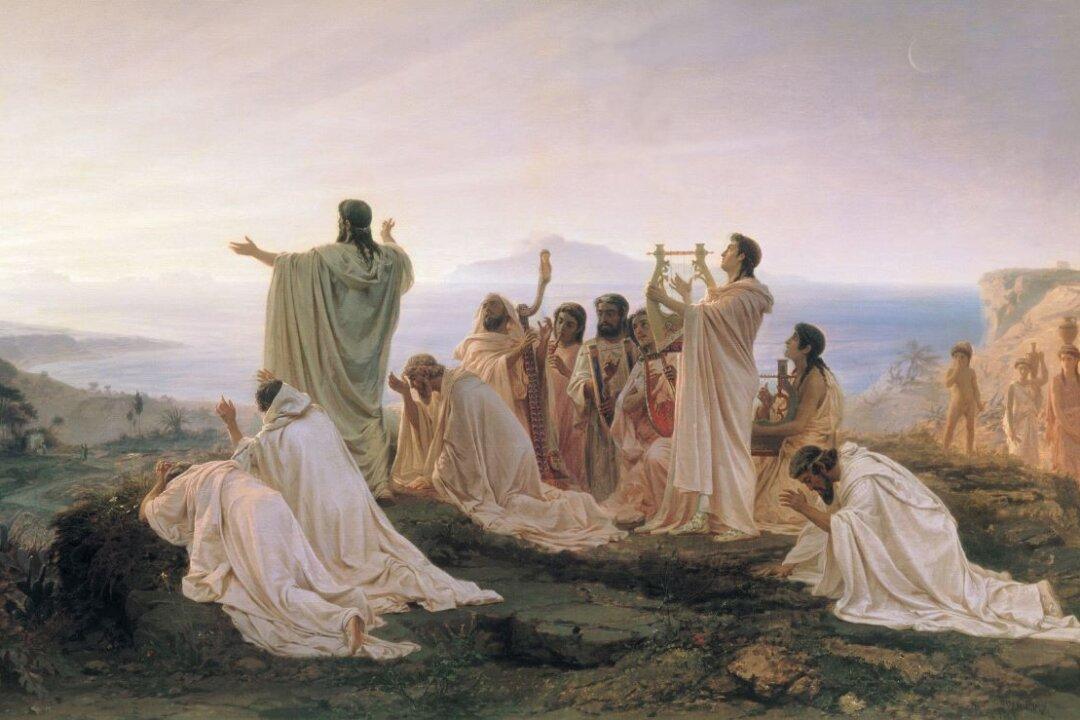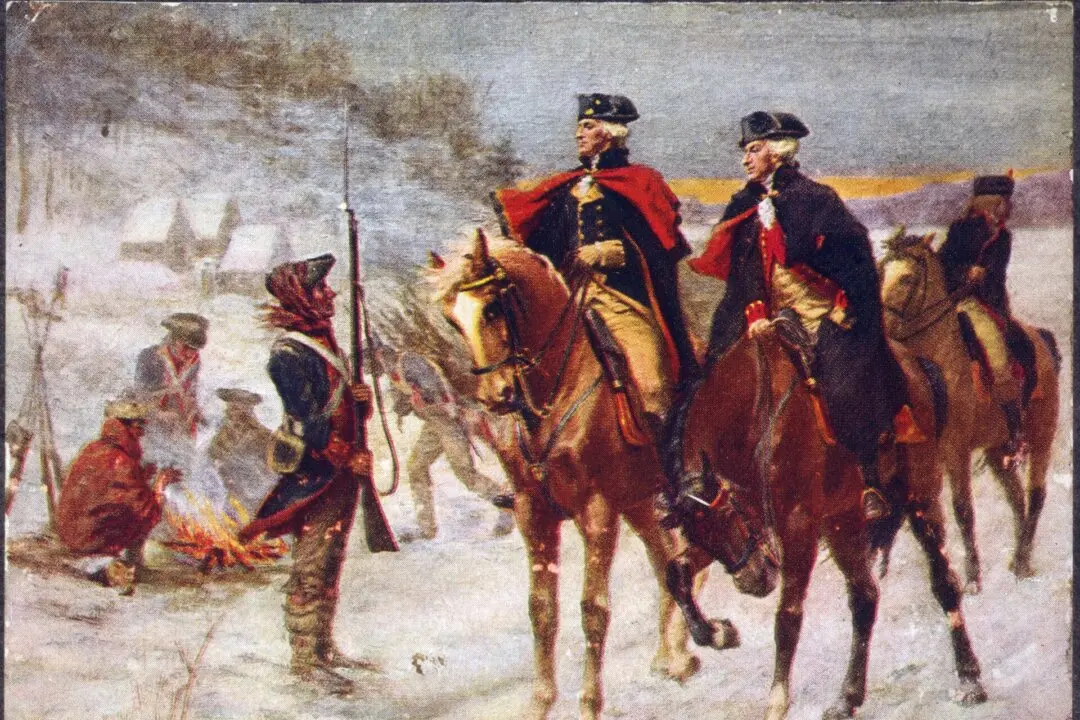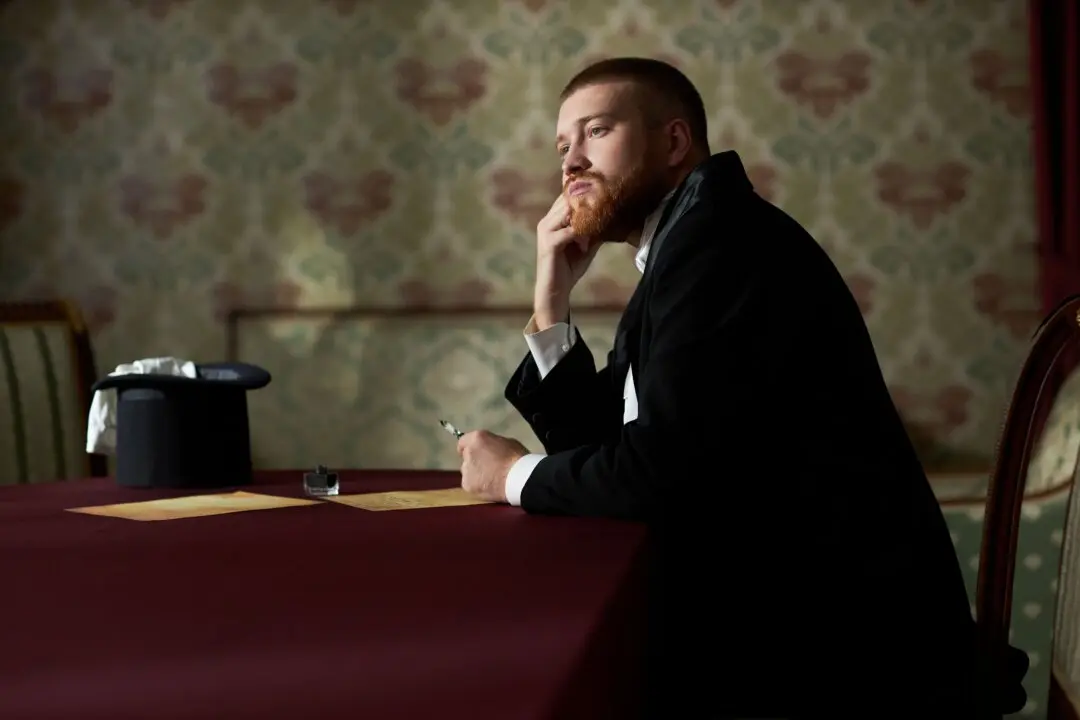Sometimes, personal pain spreads beauty throughout the world. While this beauty does not justify the moral evils that caused the pain, nonetheless, art, music, and literature can turn suffering into inspiration for others.
Few people symbolize this truth more than Farinelli, widely considered to be one of the greatest opera singers of all time. Unless you are an opera buff, chances are you have not heard this name.





